Sexual and Reproductive Health and Rights
Sexual and reproductive health is a state of physical, emotional, mental and social well-being in relation to all aspects of sexuality and reproduction, not merely the absence of disease, dysfunction or infirmity (World Health Organization definition). Achieving sexual and reproductive health is however, inextricably linked to the fulfillment of sexual and reproductive rights, which in most part of the world are not a given.
The global COVID-19 pandemic has highlighted health inequities around the world and further challenged people’s right to health. This is especially so among the most vulnerable and marginalized populations. The pandemic has also seen an increase in sexual and gender-based violence against women and girls as well as members of the LGBTQI community. It is with this scenario in mind, that in the last few months of 2021, we focused our activities on SRHR.
The stories below have been produced with support from the HJN through SRHR mini grants. We put out a call for story pitches in mid November and received many worthy ideas. Below is a selection of stories based on some of the winning pitches we received. For security reasons, we are protecting the identity of some of the reporters.
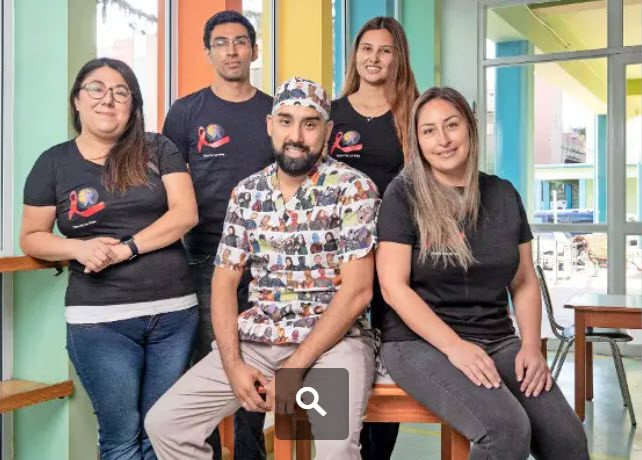
This article written by HJN member Muriel Alarcón Luco @murialalu is about resilience and people living with HIV. More specifically, it highlights the stories of a group of young people born HIV positive in the early 90s and of an extraordinary multidisciplinary team in the Roberto del Río Hospital in Chile that has followed and supported them from birth into adulthood. Read more.
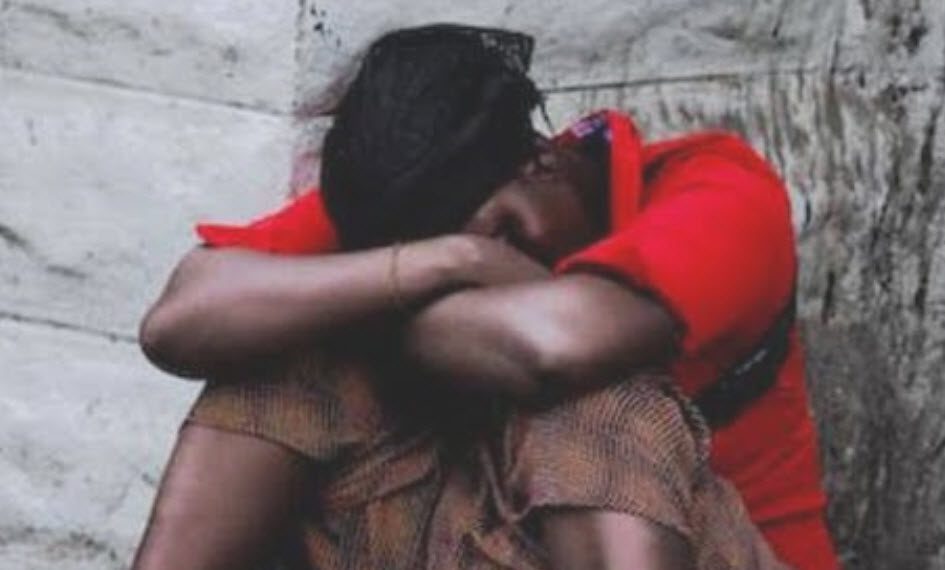
Women in the province of South Kivu, in the Democratic Republic of the Congo need their husband’s consent to access contraception and other critical SRHR services. Narcisse Bisimwa highlights the story of a mother in a hospital in Bukavu whose husband prevented her from getting a tubal ligation after her fifth delivery. Narcisse explores the legal tools available to uphold the rights of women. Read in French.

For members of the Kenyan LGBTQI community accessing healthcare services is often a challenging and stigmatizing experience. Journalist Jackson Ambole @amboleokata, documents the work of Equal Health Rights for All, a private organization launched in 2017 that specifically caters to the health needs of this population. Story edited by Amos Lumbasi. Read more.
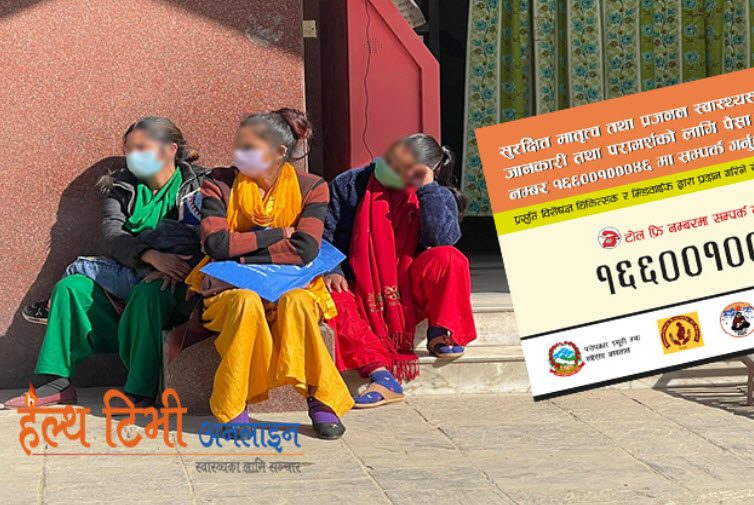
Following the COVID-19 lockdown in Nepal, pregnant women and new mothers had difficulty accessing reproductive health care services. Kalpana Acharya @KalpanaAcharya1 Editor in Chief of @HealthTVOnline1 reported on how the government and partners, embarked on a campaign to promote safe motherhood. Vital information and referrals were shared through telemedicine. Read more.
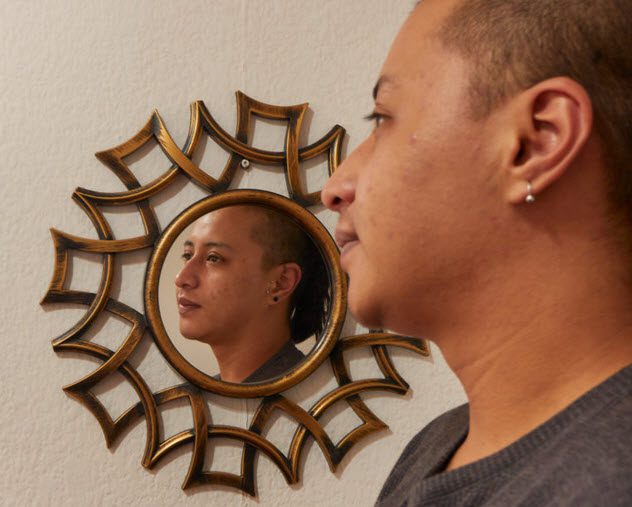
Transitioning to embrace a new sexual identity can be a journey frought with self-doubt and confusion. In this compelling article Mariela Rosero Changuán @marielaroseroch documents the stories of Annette Rhor and Nico Gavilánez, two transgender activists from Ecuador, along with the important work of @saludtransquito Read in Spanish.
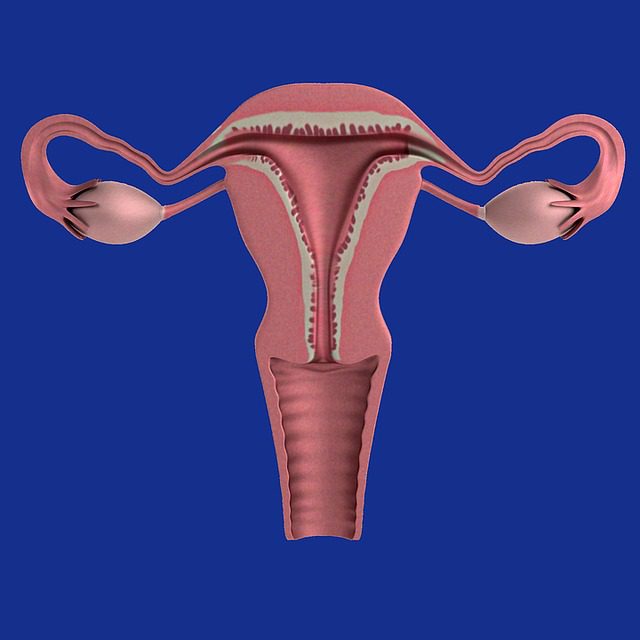
In Cameroon, talking about sexual and reproductive health is considered a taboo. So much so, that many young people don’t report physical symptoms that can lead to serious health problems. These include various forms of reproductive cancers. Find out more from Manka Berinice, a youth volunteer with Draufsicht Bamenda @DBamenda. Read the article.
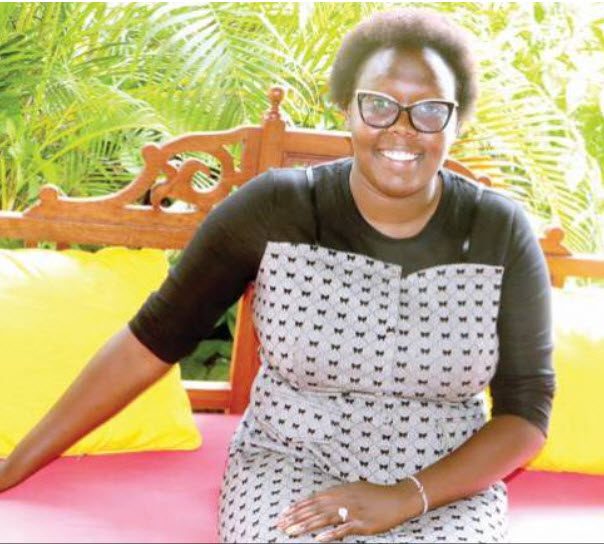
In this article, Milliam Murigi @millymur1 explores how the pandemic impacted health services for women and girls in Kenya and focuses on an innovative response to address unmet needs. The 24-hour helpline Nena na Binti seeks to build young people’s confidence in choosing positive health behaviors. Read more.
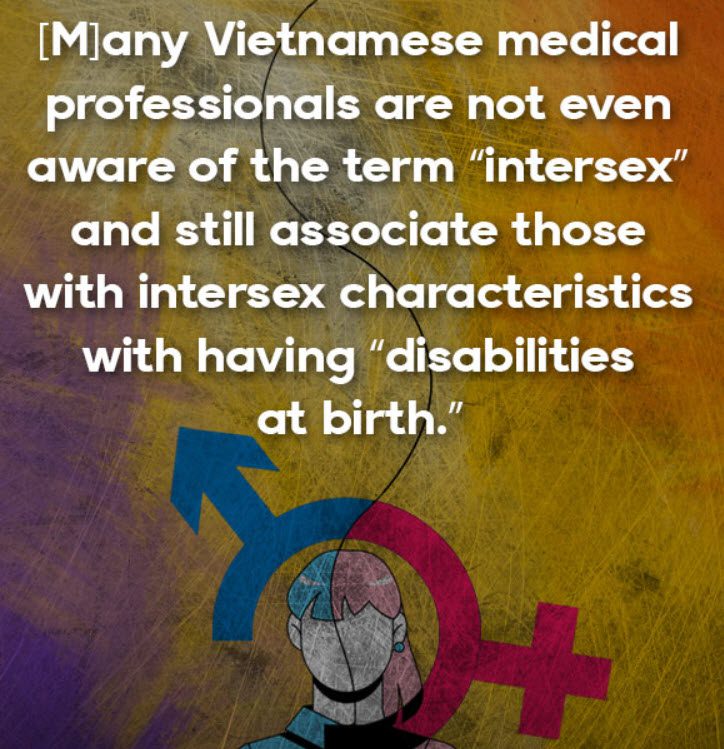
People who are born with physical or biological sex characteristics that do not match their binary identity regularly face institutionalized discrimination, daily stigma and ongoing harassment. In this compelling piece, journalist Vũ Hồng Trang explores how language and laws in Vietnam reflect the social bias towards transgender and intersex individuals. The fact that a non-binary body is perceived as one having a “disability” that needs to be treated, says it all. Read more.
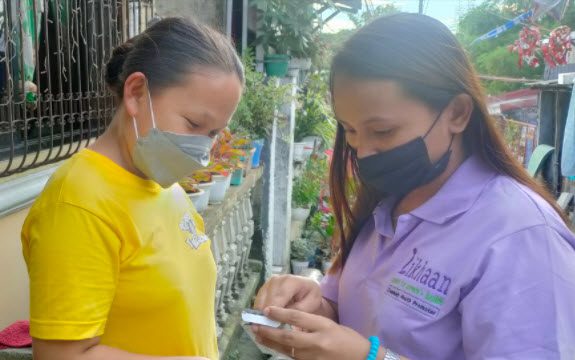
Most young Filipino women and teens have no access to sexual and reproductive health information. Because sex is a taboo topic, teen pregnancies are common and promoting abstinence is not working. In this well researched piece for VERA files, Nica Rhiana Hanopol tells us how a local organization developed a chatbot powered by artificial intelligence to address these unmet information needs. Read more.
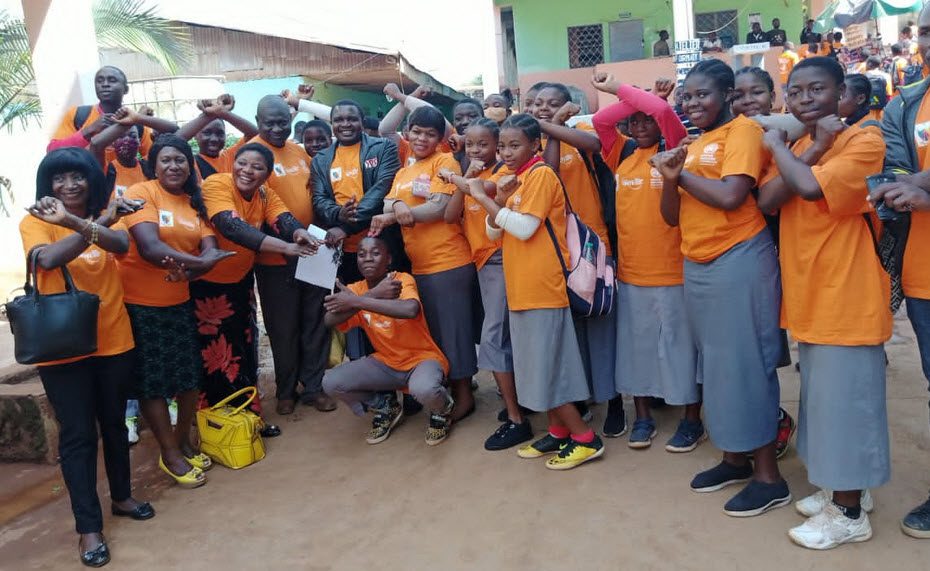
The ongoing conflict in Cameroon between the central government and the Anglophone regions of the country has left many internally displaced. Women and girls are often the victims of sexual violence and exploitation by their landlords and others in positions of power. In this harrowing account, Elise Kenimbeni @kenims2 documents the plight of displaced women and the work of organizations like APROJED. Read more.
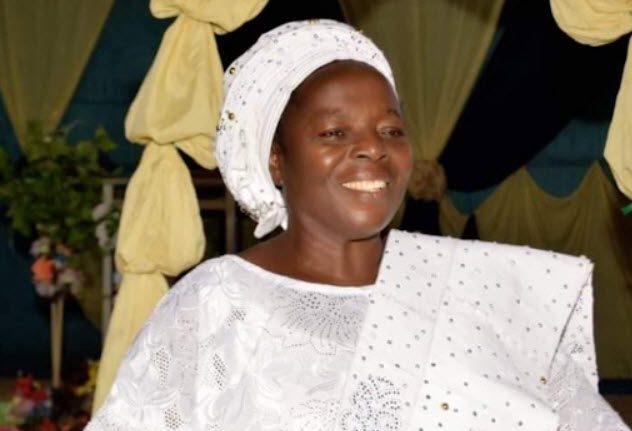
This article by Adejumo Kabir @AdejumoKabir2 highlights the important role of traditional birth attendants in maternal health in parts of Nigeria where primary health care centers are not available. Known as “Agbebi” or “deliverer of babies” in the Yoruba language of southwest Nigeria, traditional birth attendants have become even more critical as nurses and medical doctors across the country regularly strike to demand better working conditions. Read more.
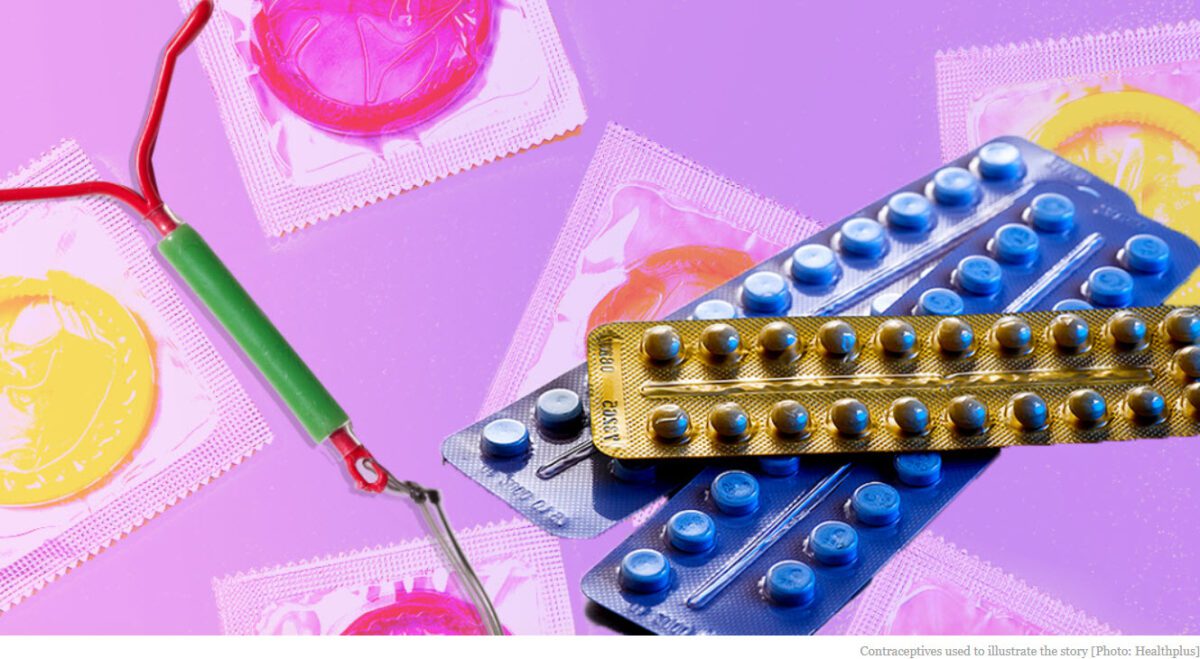
Access to contraceptives for unmarried women in Nigeria is challenging, while married women often need their spouse’s consent. In this well researched article, Chiamaka Okafor explores the stigma that unmarried women face when they seek birth control. Religion and culture frown upon pre-marital sex. Sometimes women look for emergency contraception on the black market, which can lead to serious health problems. @MackieOkafor Read more.
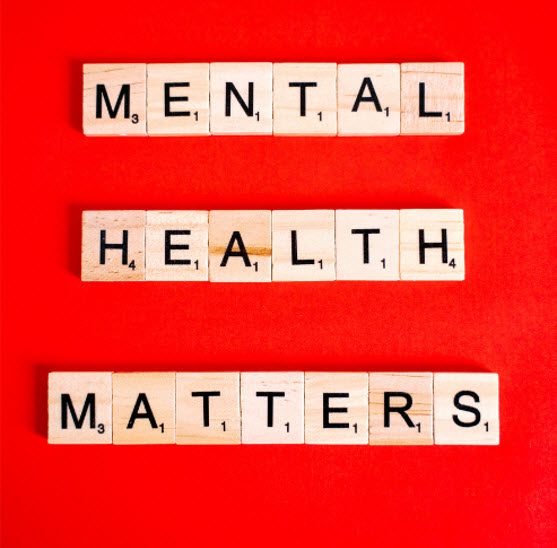
In this radio documentary, journalist Nuru Mwalim @MwalimuNuru focuses on the problem of sexual harassment as it impacts homeless women with mental health conditions in the coastal town of Mombasa, Kenya. A local organization, the Mombasa Women Empowerment for Mental Treatment and Rehabilitation Centre, is taking an innovative approach and upholding the rights of these women. This story is in Kiswahili.
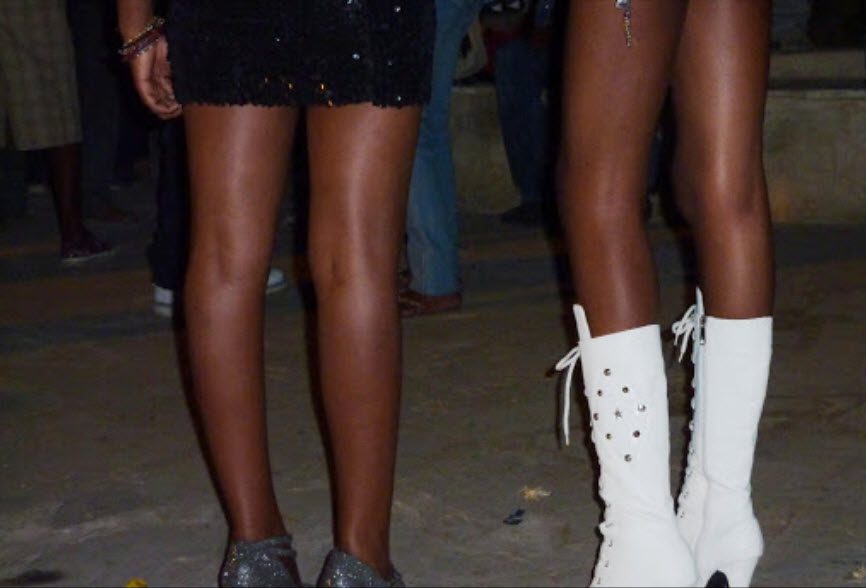
In Kenya, commercial sex work is illegal. Those who engage in it must do so secretly. Female sex workers are often victims of sexual violence and have no one to turn to. In this compelling story for the Mount Kenya Times, Jackson Ambole Okata documents a grassroots initiative in the city of Nakuru that offers some level of protection and support to sex workers. @amboleokata Read More.
